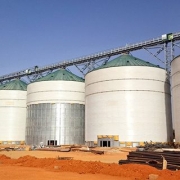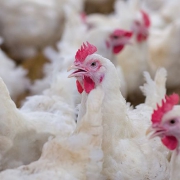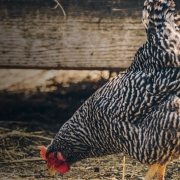Nigerian Institute of Animal Science in line with its statutory mandate undertook professional resource verification of human and material resources used in teaching Animal Science programme in Kogi State University on 13- 14th of October 2016.
On arrival, the team was received by Director Academic planning who later introduced members of the team to the Vice-Chancellor who was represented by the Deputy Vice-Chancellor Administration. The Registrar/CEO Prof. E. A. Iyayi in his opening remark thanked the University management for allowing the Institute to come in and verify resources used in teaching Animal science programme in the University. Furthermore, he said the demand for a protein of Animal origin will continue to increase each year, due to population increase which is projected to reach 9.2 billion by 2050.
The purpose of the exercise he said was to ensure that resources used in training Animal Science students to meet the professional requirement so as to build capacity and capability of graduates that will be responsive to the concerns and emerging dynamics of the livestock industry. He noted that the provision of adequate human and material resources is pivotal for proper skills and work experience needed to drive the livestock industry, ensure that graduates work on cutting edge science of the livestock industry, advance to a successful career in Animal and allied industries and self-reliance.
In response, the deputy vice Chancellor Administration expressed gratitude to the team and informed the team that the University has put in place the basic facilities required for the Animal Science programme in spite of the economic recession. He gave an analogy that an outsider can best detect what has gone wrong with your house, he, therefore, implore the team to carry out a holistic assessment and report back their findings.
The team after assessment of the facilities had an interactive meeting with the student. The interactive meeting with the students was to spark, inspire, encourage and give hope to the students that better future lies ahead in the profession for serious-minded students.

At the exit meeting, the Head of Accreditation and Curriculum Mr. Peter Alike briefed the Vice-chancellor and University management on the outcome of the exercise. He expressed satisfaction in some areas and drew the attention of the University management to some existing gaps which require attention. Responding to the Deputy Vice-Chancellor Administration thanked the NIAS team for observations and genuine comments made by the team. Furthermore, he said, the University authority is constrained by the inadequate funding but assured the team of the University’s commitment to addressing the existing gaps identified by the team to engender quality.










